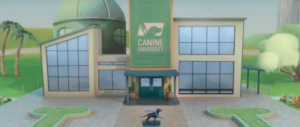Hello Year 4.
This week we´ll continue to focus on the present simple affirmative, but we´ll also add more work on negtives and questions.
Also don’t forget the spelling change rules in the present simple.
Watch this video to test yourself! Let us know how many you answer correctly!
Here are some more activities to practice using the present simple! Have fun! Click on the image below to play!
Enjoy your learning process!
TeacherManolo & Ana.


